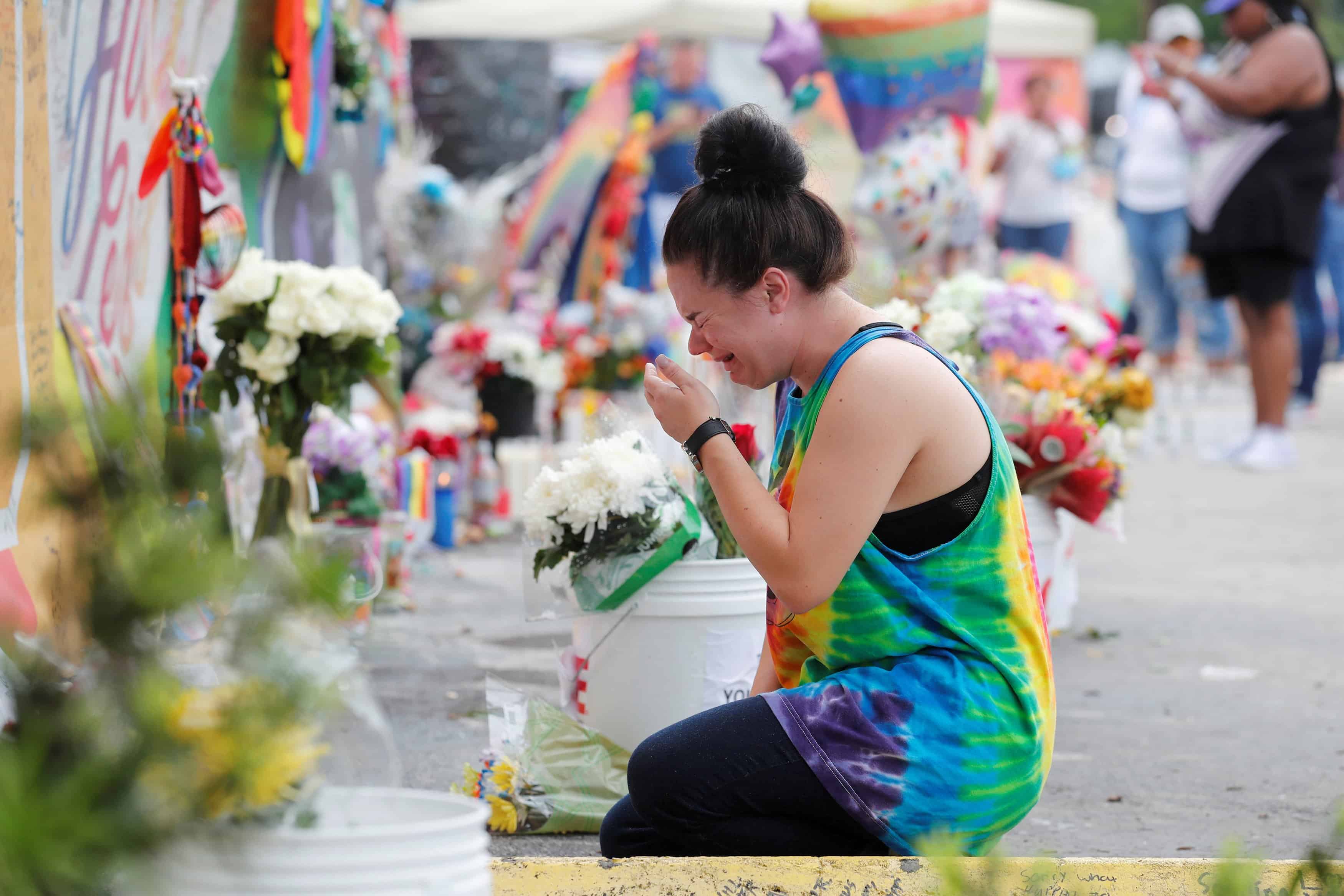When was the last time you used the word “evil” in your daily life?
I was compelled to use it last week when a colleague showed me a graphic video (warning: it is intensely violent) of an assault and robbery in the French Quarter of New Orleans, where I am working for the summer. We both knew the general content of the video, but were concerned that the sensationalism of the story might be related to the fact that the perpetrators were black while the victims were white. We were ready to lament the perpetuation of a racist narrative.The violence in the video, however, is nothing short of evil.
My mind immediately sought to justify the robbery as due, in some way, to desperation or anger at injustices suffered. But the sheer evil of the act remained with me. I recalled the idea of Socrates that “it is always and everywhere better to suffer evil than to commit it.” Even if these men had suffered greatly or were starving, what they have done is nonetheless evil.
This is not to say that what they might have suffered is not also evil. Certainly, the evil of racism is a reality. Who knows what inequality or injustice these young men have faced throughout their lives?
It struck me, as I pronounced this act as evil, that we tend to shy away from using such strong moral language. “Injustice” is a fairly popular term among the socially conscious, but “evil” and it’s cousin “sin” are often absent from the mainstream. We tend to avoid these words because they have a strong negative connotation and seem to put something, or someone, beyond redemption. I think a part of our reticence to use these words is because “evil” and “sin” also tend to remind us of “guilt” — that feeling that a lot of Catholics and former Catholics like to disparage. If an act is evil or a sin, somebody must be guilty, and nobody wants to be guilty or make others feel guilty.
In the classical Christian tradition, evil is merely the absence of a good where a good ought to be. When we call something a “moral” evil, or sin, we mean that it is the result of free human choice in the world. The perpetrators of the violent crime in the Quarter committed moral evil by depriving the victims of the goods of possessions and wholeness.
What is it that gives us pause in describing others’ actions as evil or even sinful? As I reflected on my own thought process when confronted with the robbery video, I realized that once I identified the act of violence as evil, it felt as if I was putting the assailants on a lower level than myself. My egalitarian instincts kick in and say, “So you think you are better than they are? That can’t be right.”
I think this discomfort is a large part of what keeps us from recognizing and pointing out evil around us. If we point to someone’s action and call it evil, we can be tempted feel superior or say to ourselves, “I’m glad I am not like that person.” So to avoid this temptation, we would rather just not call out evil, despite our perception that a good is lacking.
But this internal conflict arises from a misunderstanding of reality. First, naming an action as evil is different than calling a person evil. All persons as creatures of God have an inherent goodness that cannot be taken away from them despite their capacity for evil acts. Second, a commitment to the truth reminds us to recognize and name evil wherever we might find it, even in ourselves.
In the case of the violent robbery, I must resist the temptation to demonize the perpetrators as evil. Responsible for their actions? Yes; But actually evil? Impossible. Since evil is an absence, a no real thing can be evil. Making evil into a thing, or personifying it, might make it easier to grasp. When we do this, however, evil begins to take hold in our own hearts.
Recognizing that act of violence as evil also forced me to look within myself for the capacity to do such harm. I tried to put myself in the culprits’ shoes and asked if I would be able to do the same thing. I sought to rationalize the actions to prove that no one simply chooses evil — especially not I.
Yet as I sifted through my memory, I realized that not only was I capable of doing evil, I had done it, numerous times. Perhaps not in the same manner or to the same degree as a violent crime, but evil was certainly present in my soul.
This is an uncomfortable reality, yet if I am willing to call out the evil actions of others, I need to be able to admit my own. Guilt accompanies this admission, but guilt is not a feeling to be wallowed in; it is a motivation to seek forgiveness, reconciliation and healing.


